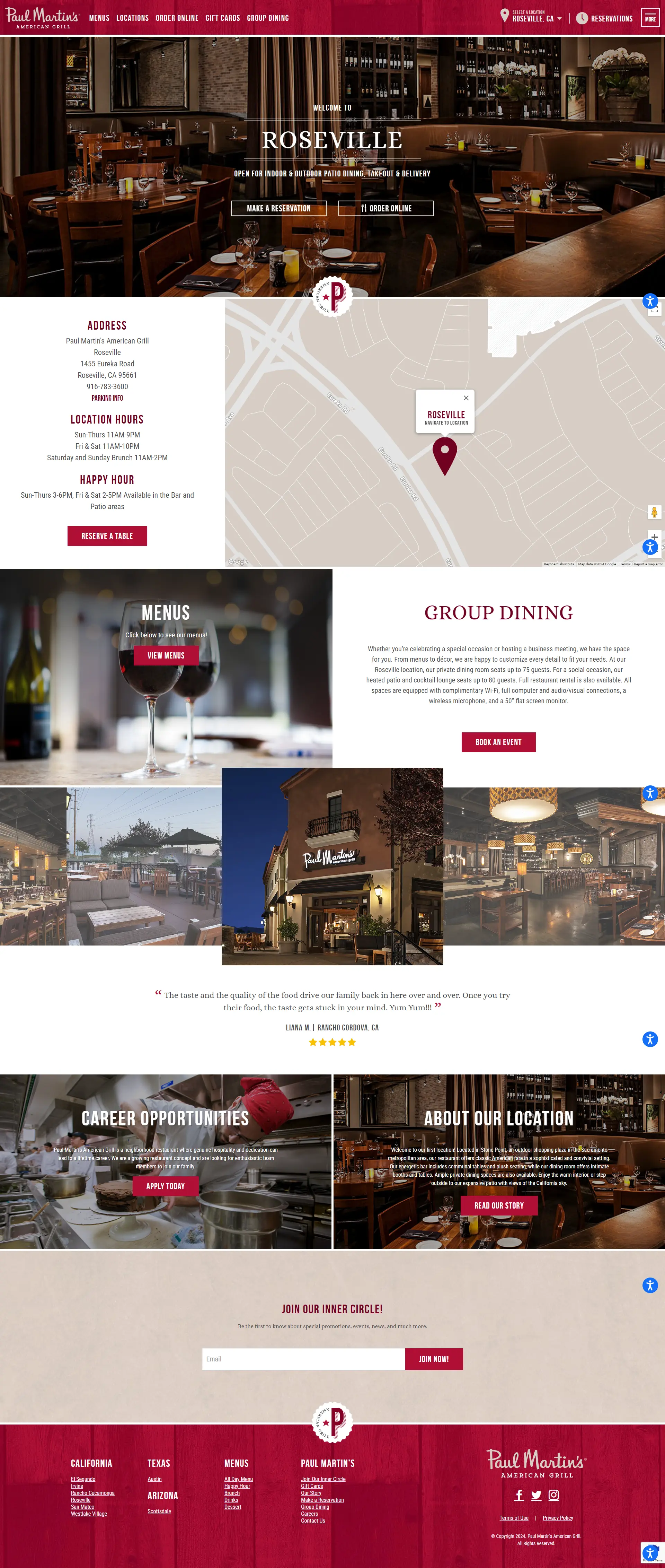In today’s competitive marketplace, managing customer relationships effectively is not just a necessity but a key differentiator for businesses of all sizes. Customer Relationship Management (CRM) tools offer powerful solutions to streamline processes, maintain high levels of customer service, and ultimately drive business growth. Using a flooring company as a case study, this blog post explores how integrating CRM tools can transform operations and customer interactions.
Understanding CRM and Its Impact
CRM systems are designed to manage and improve company interactions with current and potential customers. By consolidating customer information into a single, accessible repository, CRMs enable businesses to track customer activities, manage leads, and automate communications. This centralized data approach helps businesses understand their customer base and tailor their offerings to meet specific needs and preferences.
The Challenges Facing Businesses Without CRM
For businesses that lack a CRM system, daily operations can quickly become cumbersome and inefficient. Critical issues include:
- Scattered Customer Data: Information is often dispersed across emails, notes, or even memory, making it difficult to provide consistent service and follow up effectively.
- Inefficient Processes: Manual tasks such as entering data, creating quotes, and following up on leads consume valuable time and are prone to errors.
- Poor Customer Tracking: Without a systematic way to track interactions, companies struggle to engage effectively with customers at critical moments.
How CRM Tools Offer Solutions
CRM systems address these challenges by integrating various functionalities that streamline business operations. Here’s how:
- Centralized Data Storage: All customer information is stored in one place, from contact details and communication history to past purchases and preferences.
- Automated Quotations: CRMs can automate the quoting process. For example, a flooring company can quickly generate customized quotes based on specific customer requirements and pricing models.
- Electronic Signatures and Approvals: By incorporating electronic signature capabilities, businesses can expedite approval processes. Customers can sign proposals and agreements digitally, significantly speeding up the sales cycle.
CRM Case Study: A Flooring Company’s Transformation
Consider a typical flooring company that transitioned from manual processes to a CRM system. Previously, the company struggled with delayed quote preparation and cumbersome approval processes that frustrated customers and delayed projects.
Before CRM Implementation:
- Sales representatives manually calculated quotes, leading to errors and inconsistencies.
- Contracts were sent via mail for signatures, resulting in delays and occasional losses.
After CRM Implementation:
- The CRM system was configured to include a pricing catalog that enabled instant, accurate quote generation.
- Electronic signature functionality allowed customers to sign off on quotes and contracts immediately, from any device.
- The result was a faster sales process, enhanced customer satisfaction due to timely responses, and a noticeable increase in customer retention and referrals.
Benefits Beyond Efficiency
Implementing CRM tools not only speeds up transactions but also enhances the overall customer experience:
- Personalized Interactions: CRMs help personalize customer interactions based on stored preferences and previous interactions, making customers feel valued.
- Improved Responsiveness: With instant access to customer data and document management, businesses can respond more quickly to customer inquiries and issues.
- Data-Driven Decisions: CRMs provide valuable insights into customer behavior and business operations, enabling better strategic decisions.
Conclusion
For businesses looking to improve efficiency and enhance customer relationships, CRM tools offer indispensable solutions. By automating processes and centralizing data, companies like our example flooring company not only save time but also create a more dynamic and responsive customer experience.
Ready to Transform Your Business?
Is your business ready to transform its customer relationship management? Share your thoughts or get in touch to learn how CRM can make a difference in your operations.
By presenting a clear, real-world example of CRM’s impact, this blog post aims to show how businesses across various industries can leverage CRM tools to improve both operational efficiency and customer satisfaction.















